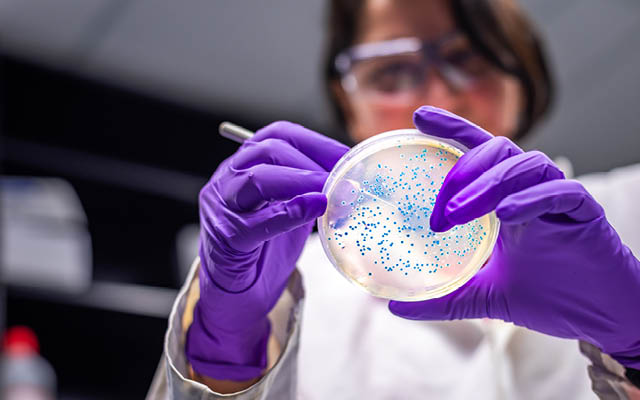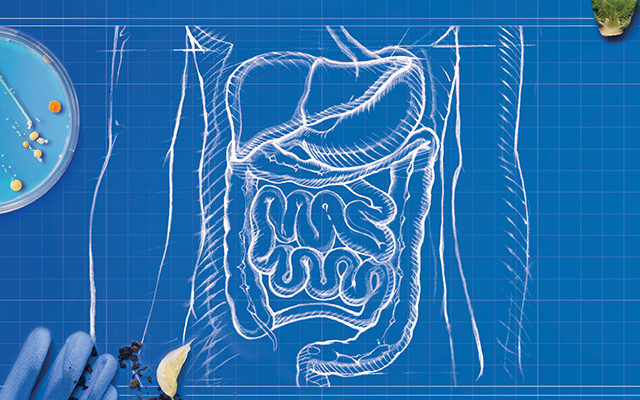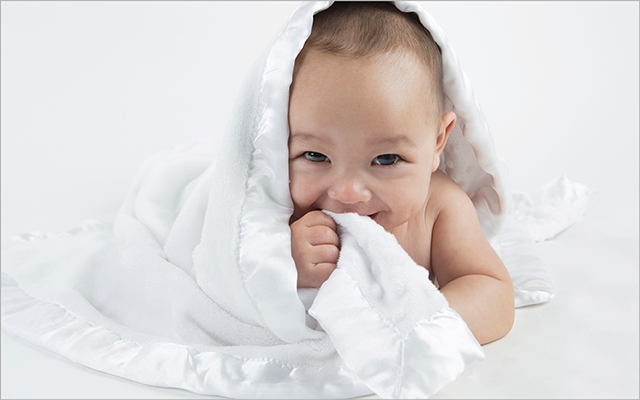I was out on the golf course the other day preparing to tee off when my old pal Viking Bob directed a question at me, one that had previously never surfaced among our geezer foursome. “Why don’t you have a beer belly like the rest of us?”
I sucked in my gut and mumbled something about genetics. It didn’t seem appropriate at the time to cite all the evidence showing how strength training can benefit the senior set. It tends to delay the onset of frailty and keep us mobile and functional. I’ve been lifting weights for years, a practice that I suspect may have contributed to my relatively good health and meager paunch.
But a study released last week has me wondering whether those dumbbell reps have as much to do with my current condition as I imagine. It might be more about what’s happening in that gut of mine.
Researchers at Tufts University report that they’ve found a correlation between the presence of certain “good” gut bacteria and physical fitness in older adults. When the scientists colonized the guts of lab mice with fecal samples from fit geezers, the rodents demonstrated increased grip strength.
While you might wonder how researchers accurately measure a mouse’s gripping abilities — and you might question the results of such a small sample (29 older adults and 18 mice) — lead study author Roger Fielding, PhD, suggested the study may open a new frontier in gerontology. “As we age, body composition, muscle strength, and lean mass all decrease,” he said in a statement. “Identifying differences in bacteria present in the high-functioning and low-functioning groups in this study moves us toward a fuller understanding of both the gut microbiome and healthy aging.”
In the study, Fielding and his team compared the bacterial population in the gut microbiomes of 18 lean, high-functioning elders (ages 70 to 85) with that of 11 less-fit seniors and discovered higher levels of four specific bacteria — Prevotellaceae, Prevotella, Barnesiella, and Barnesiella intestinihominis — in the fit group. They believe it may explain the differences in functionality and body composition.
The fact that the mice fortified with those bacteria got stronger (though not leaner) offered some encouragement for further study, study coauthor Michael Lustgarten noted. “With these results, we now start to understand the role of gut bacteria in the maintenance of muscle strength in older adults,” he explained. “For example, if we were to conduct an intervention to increase Prevotella levels in the gut microbiome, we would expect to see an increase in muscle strength if these bacteria are involved. Prevotella’s role in the maintenance of muscle strength in older adults is one area we expect to continue to explore.”
Given the American consumer’s penchant for miracle cures, I can imagine a time in the not-too-distant future when frail seniors will be wandering the aisles at the drug store in search of a bottle of Prevotella in a desperate attempt to boost their grip strength — and perhaps even reduce their waistline.
You won’t find me among them, though. I have no idea what sort of bacteria are inhabiting my bowels, but I know where my dumbbells are, and I’m not afraid to use them.




This Post Has 0 Comments